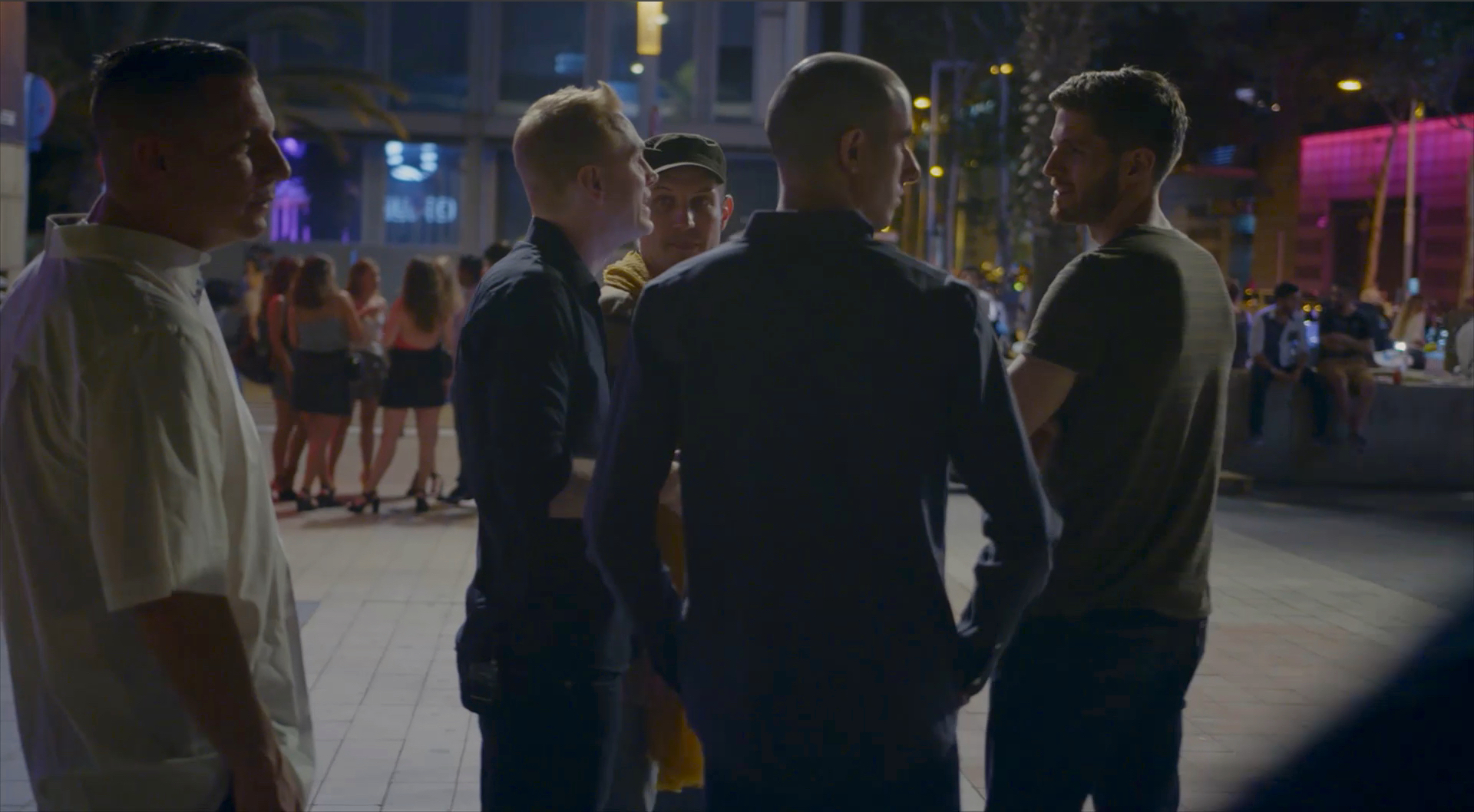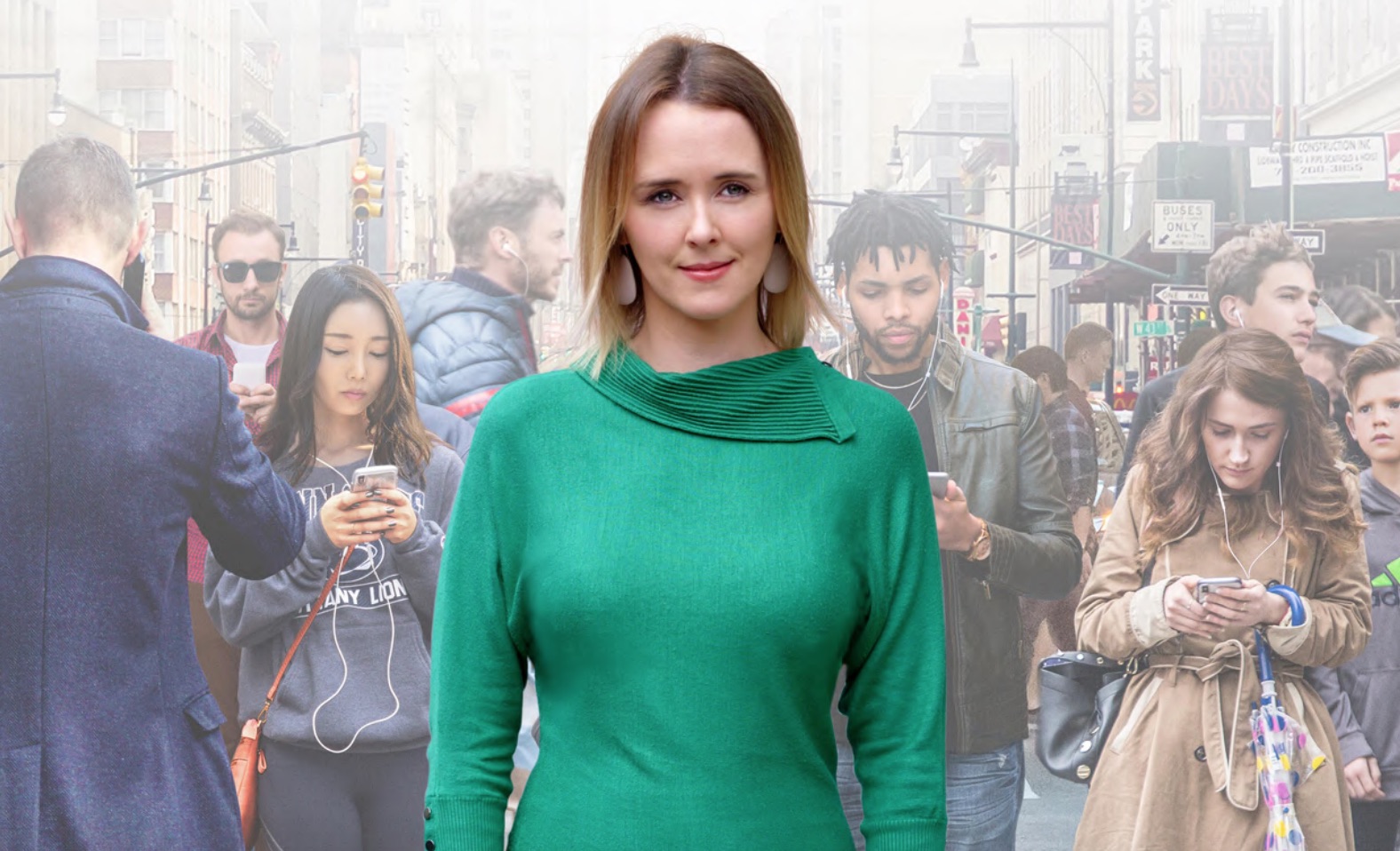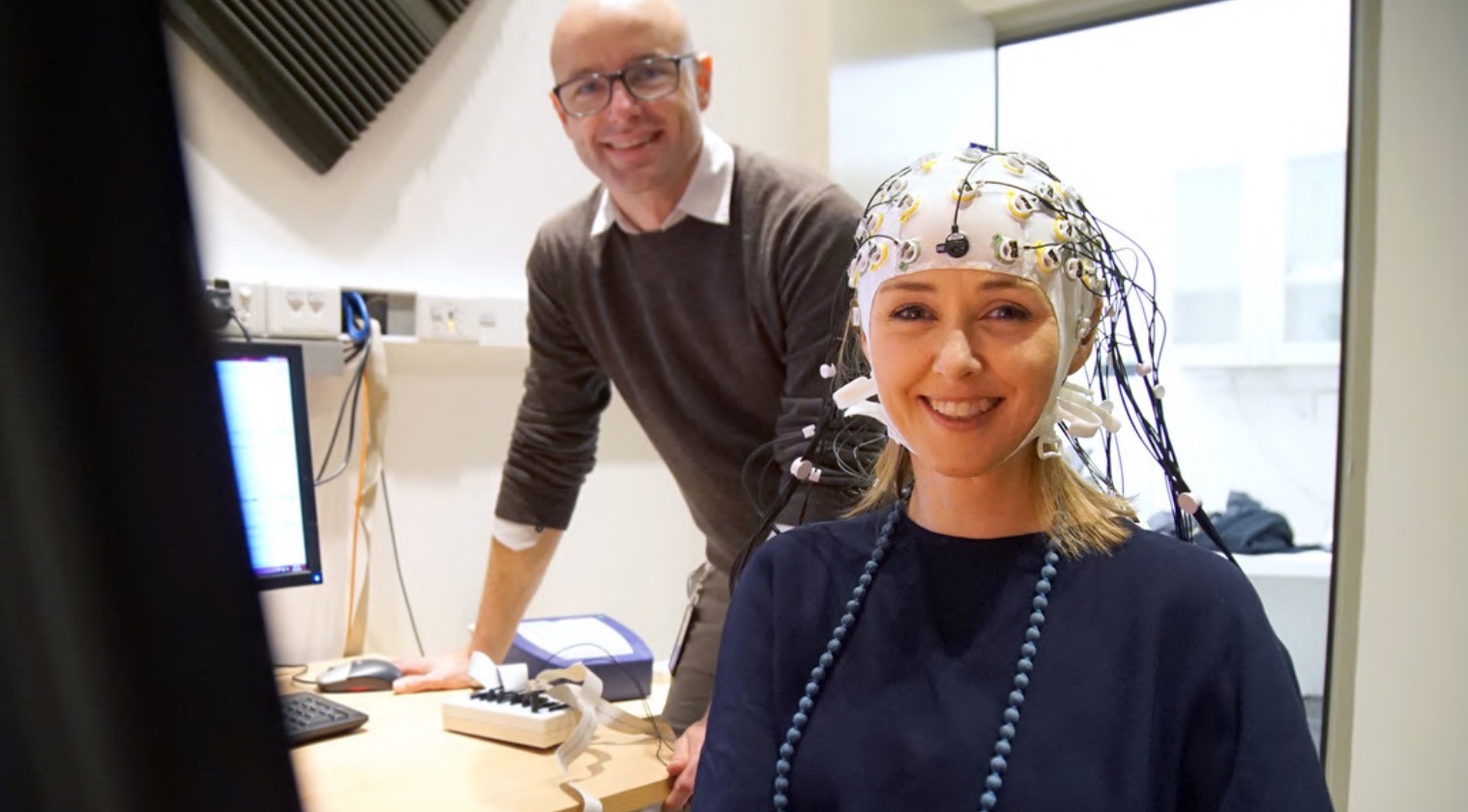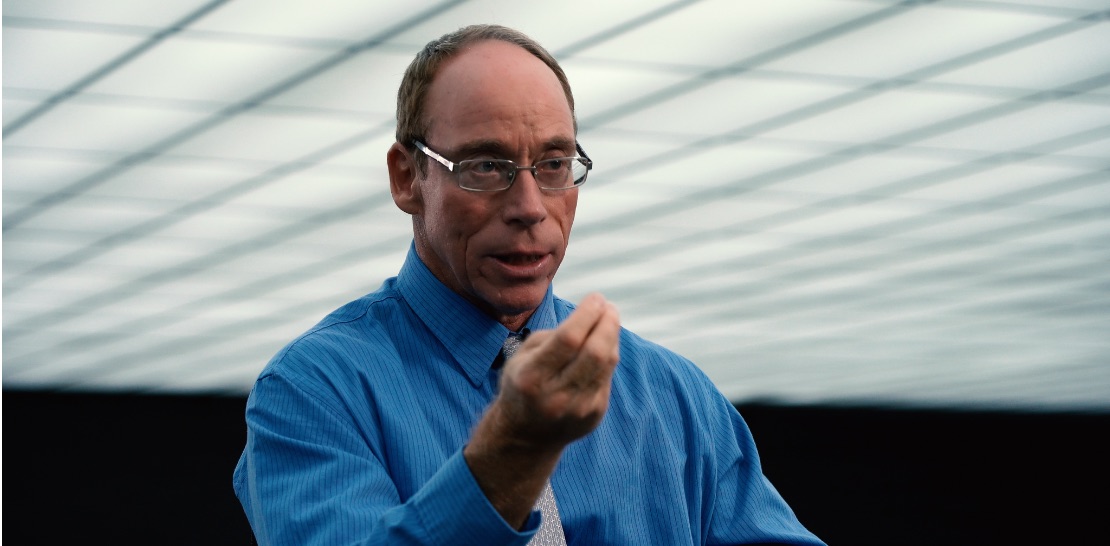INFERNO WITHOUT BORDERS
 Tuesday, July 27, 2021 at 5:30PM
Tuesday, July 27, 2021 at 5:30PM
With Charlotte Epstein, Chels Marshall, Dan Morgan, Gavin & Leanne Brook, Glenn Willcox, Graham Parr, Jane Whyte, John Merson, Julie & Jo Berchu, Khloe Syllebranque, Stuart Robb, Noel Webster (aka, Uncle Nook), Tassin Barnard and Tom Butler.
Co-director: Sophie Lepowic.
Director: Sandrine Charruyer.
Screening with BLACK SUMMER as part of the Melbourne Documentary Film Festival at Cinema Nova on August 1. Check with venue for screening details.
Rating: ★ ★ ★ ★

The cataclysmic devastation wrought by the bushfires that swept across Australia in the summer of 2019-2020 was a once-in-a-generation event that was foreseen and avoidable, posits Sandrine Charruyer’s understated but enraging documentary, Inferno Without Borders.
Responsible for 18 million hectares of charred landscape, 2779 destroyed homes, 1 billion stock and wildlife deaths and the taking of 34 human lives, the tragedy is revisited through the eyes of those whose futures were forever changed by the disaster. But in addition to acknowledging the human impact of those hellish weeks, Charruyer and co-director Sophie Lepowic argue that 200 years of mismanagement of our unique bushland in the hands of white colonists fuelled an inferno that led to what would become an unprecedented level of national grief and horror.
Inferno Without Borders presents evidence that accepted fire control techniques, such as ‘backburning’, employed by modern bush management officialdom, defies the millenia-old understanding that Australia’s indigenous population have regarding the co-existence of fire and country. The documentary allows extraordinary insight into the methodology and benefits of the ‘cultural burn’, a slower, surface-level reduction of the dry-leaf fuel that does not render the soil beneath devoid of moisture.

The practice has long been a traditional part of Aboriginal lore, a skill that allows for the land to retain its life-giving properties and for the fauna to co-exist with fire, instead of succumbing to its rage. Charruyer speaks with elders, traditional bush management consultants and current land owners who have all recognised the holistic relationship between man and country that can be derived when the respect and understanding of those who have lived the land longest is embraced.
Inferno Without Borders is also deeply affecting when it addresses the current incarnation of white settler politics and colonial mismanagement. The Morrison government’s blinkered stand on global warming, ongoing coal industry reliance and misguided faith in dated bushcare policies are exposed, again. While the production pulls up just shy of laying the blame for the 2019-20 bushfires at the feet of conservative politics, it leaves no doubt as to how destructive nature will become should the Federal Government continue to defy both indigenous culture and modern science.




















